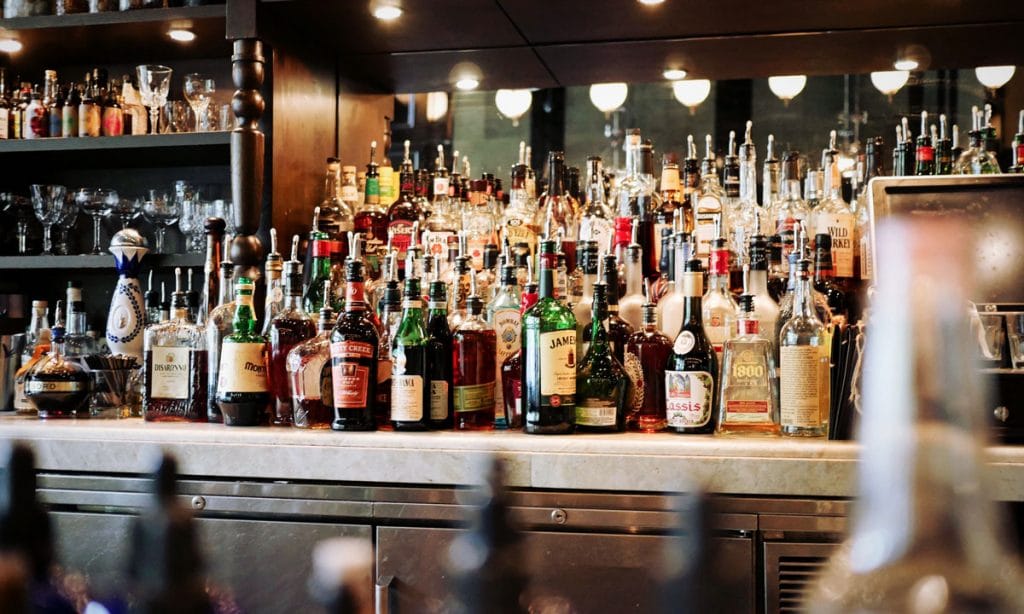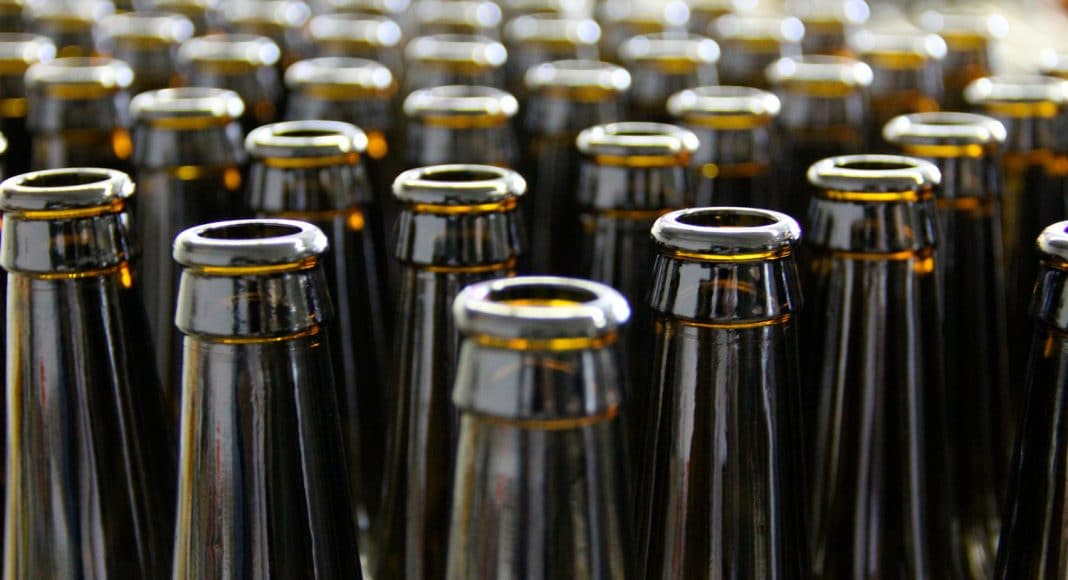MDMA-assisted psychotherapy proved safe and more effective than tradition treatment approaches to alcoholism addiction.
The first study to examine the role MDMA could play in overcoming alcohol addiction has provided encouraging results. Not only has the treatment been found safe, but when used alongside psychotherapy, patients in the study recovered more effectively when compared to traditional methods.
To start, scientists first administered psychological and medical screening to determine if patients would be a good fit for the treatment. Then, they gave the subjects eight weeks of psychotherapy sessions, which included powerful doses of MDMA in weeks three and six. A psychiatrist and a psychologist were present when the MDMA was administered, while patients rested laying down, wearing headphones and eye masks.
RELATED: What You Should Know About Treating Alcoholism With Cannabis
“We let them lead the sessions as to where they want to go. What comes up comes up, so it’s not very guided by the clinicians,” Dr. Ben Sessa, who led the trial, told The Guardian. Sessa also serves as an Imperial College London senior research fellow and addiction psychiatrist in England.
However, this initial trial was conducted to first determine if MDMA-assisted treatment would be safe. Patients remained under doctors’ care the first night following the MDMA session. Afterwards, subjects received follow-up phone calls each night from medical experts “to collect data on sleep quality, mood and potential suicide risk,” reports The Guardian.

To determine the efficacy of the MDMA, however, Sessa and his team said they need follow-up research that would include a randomized placebo control group.
“There is no black Monday, blue Tuesday, or whatever ravers call it. In my opinion, that is an artefact of raving. It’s not about MDMA,” said Sessa.
“If there was a craze of people going around abusing cancer chemotherapy drugs, you wouldn’t then think: ‘Oh well, it’s not safe to take cancer chemotherapy when doctors give it to you. Scientists know it’s not dangerous. The Sun newspaper thinks it’s dangerous because the tiny number of fatalities that occur every year all get on their front page,” he added, referencing the popular UK tabloid.
RELATED: On Ecstasy, Typically Loner Octopuses Just Want To Cuddle
This MDMA-assisted treatment could represent a breakthrough for England, not to mention worldwide. Under traditional recovery plans, eight out of ten alcoholics in England relapse. But among the trial’s patients, only one has relapsed to previous drinking levels, reported Sessa, while half remained sober and the other half “had one or two drinks but wouldn’t reach the diagnosis of alcohol use disorder,” Sessa said.
The researcher also offered an explanation for why MDMA could provide a breakthrough for patients where traditional therapy has failed.
“MDMA selectively impairs the fear response,” he said. “It allows recall of painful memories without being overwhelmed. MDMA psychotherapy gives you the opportunity to tackle rigidly held personal narratives that are based on early trauma. It’s the perfect drug for trauma-focused psychotherapy.”


